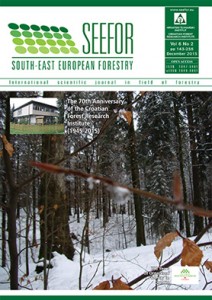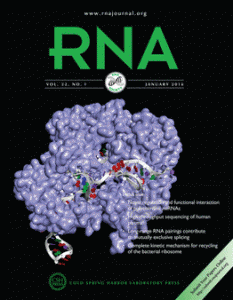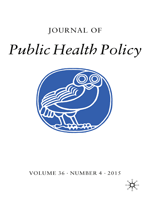Researchers are correcting a widely covered study that suggested chronic use of pot might not put users at risk of problems later in life.
It turns out that initial, unexpected finding — covered by Newsweek, The Washington Post, Quartz, and (of course) The Stoner’s Cookbook (now known as HERB) — wasn’t quite right, and a reanalysis found users had a small uptick in risk for psychosis. The authors have issued a lengthy correction in Psychology of Addictive Behaviors that includes some supplemental analysis, too.
Not surprisingly, the study’s findings engendered some controversy, which prompted the authors to reanalyze their data, collected from 408 males with varying levels of marijuana use, who were followed from their teens into their 30s.
Now, an American Psychological Association press release that accompanied the initial findings in August contains an editors note explaining why those aren’t quite correct:
Continue reading So, pot may not be as harmless as a recent study suggested










